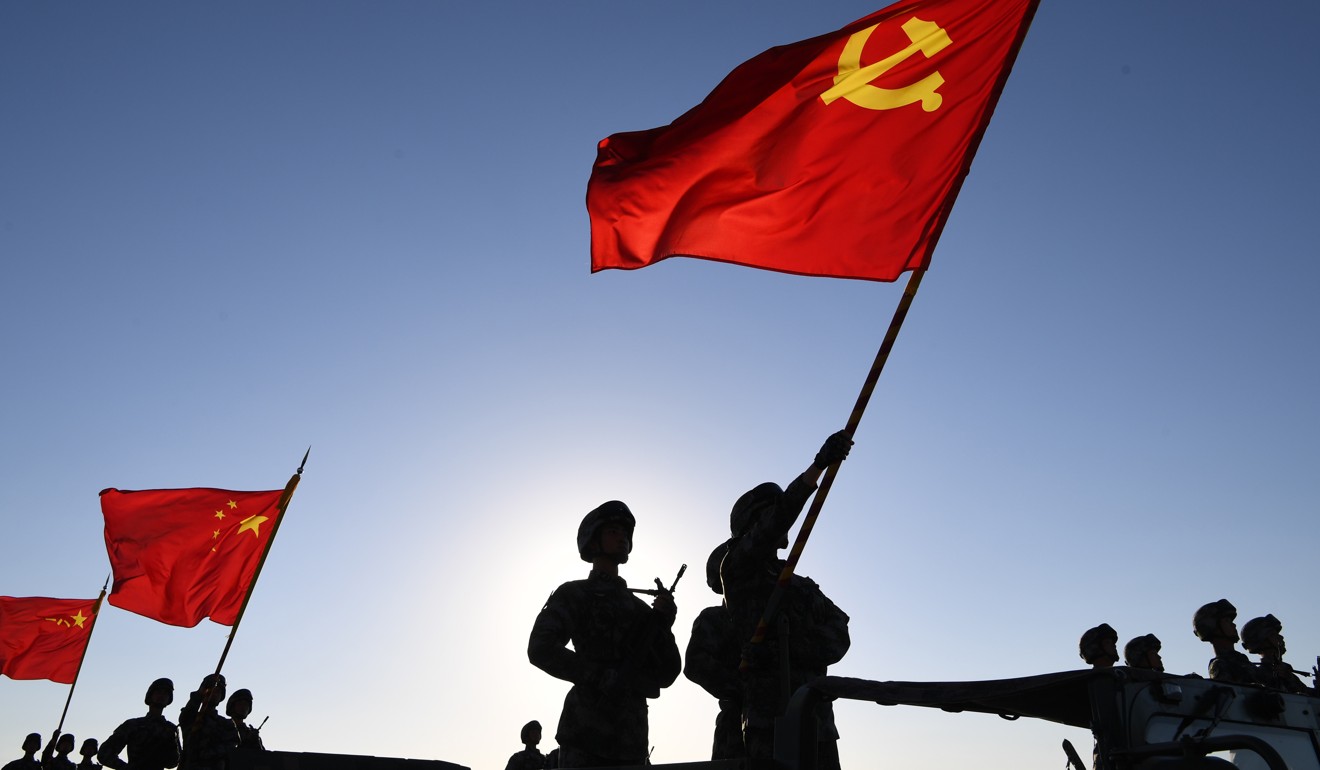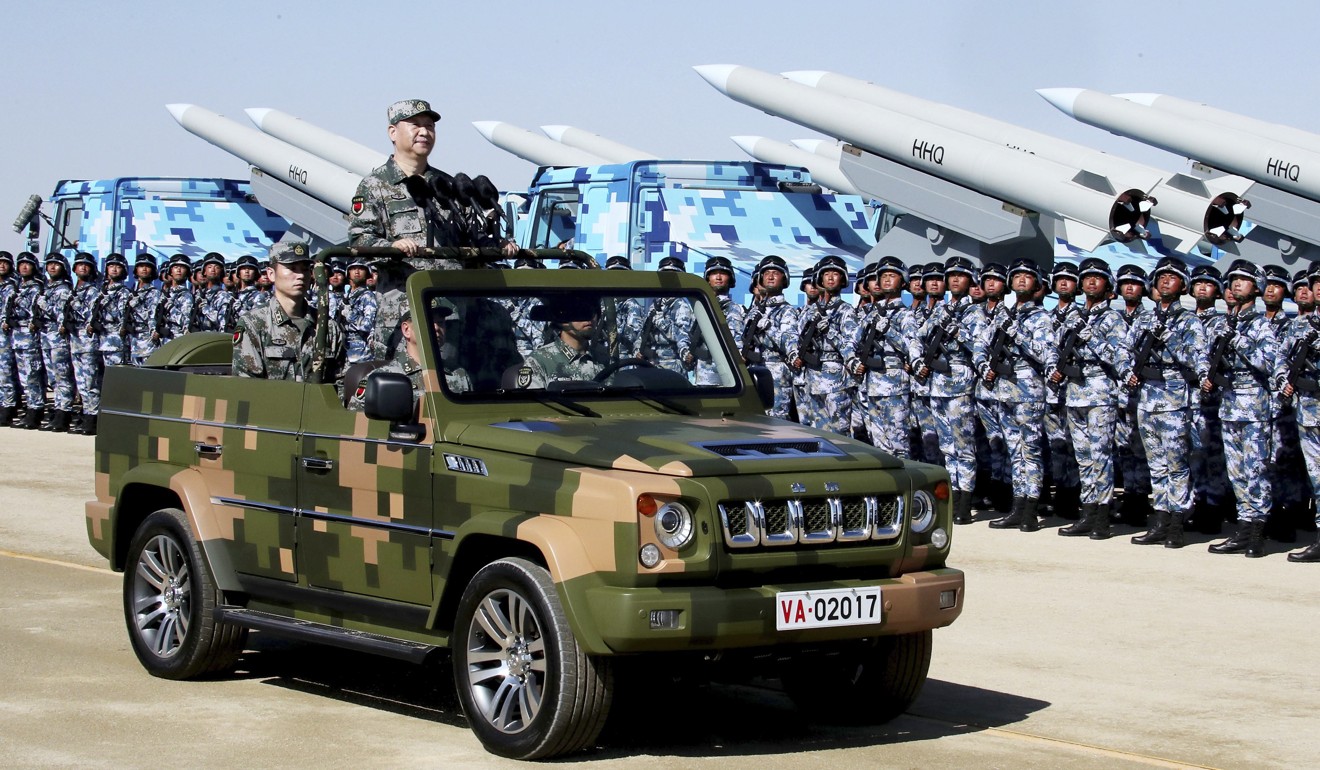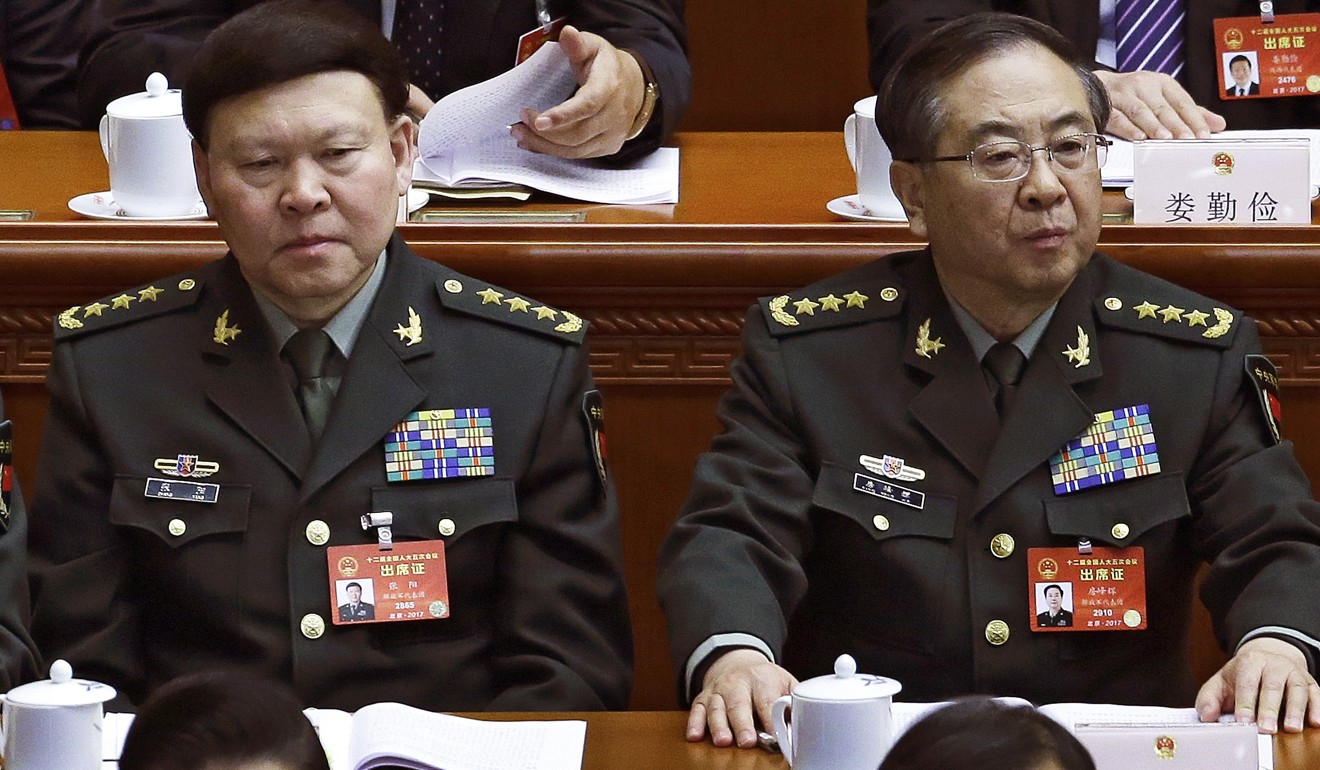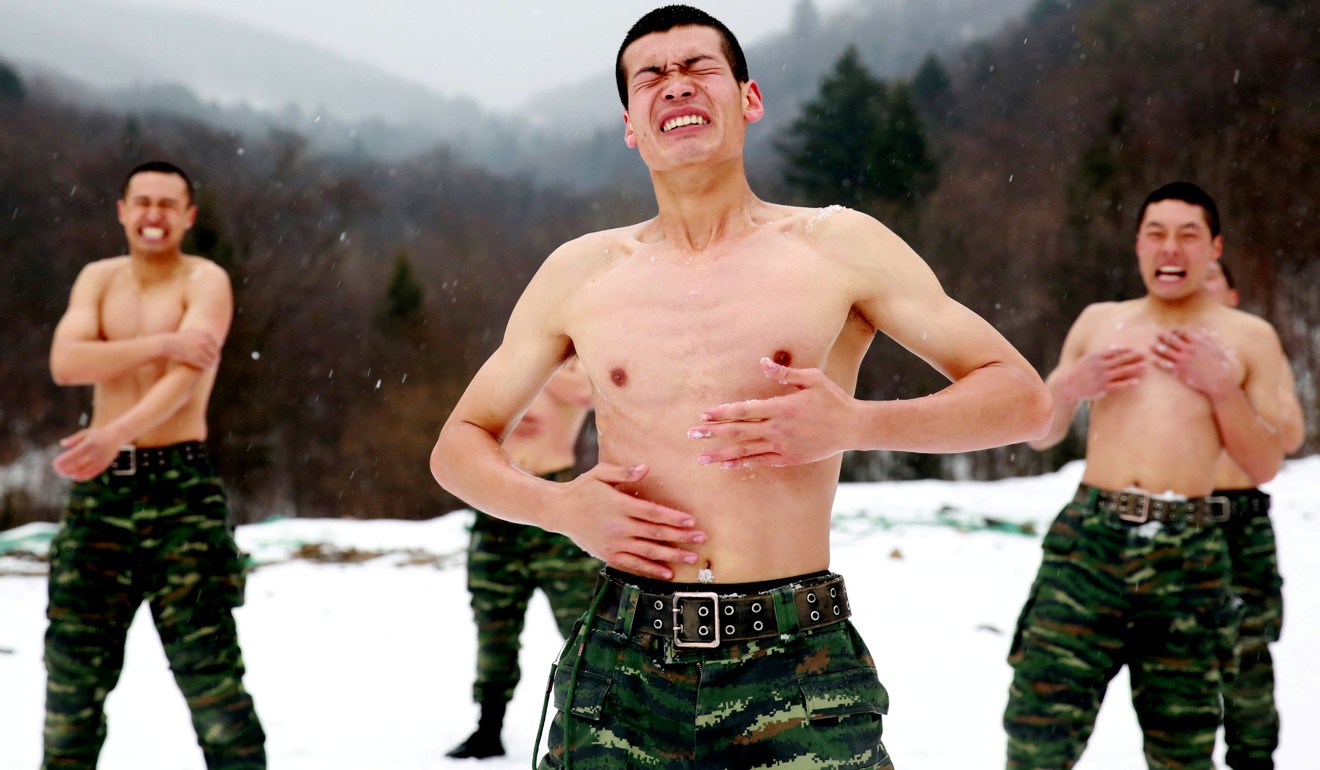
As China beats its war drum, who should hear its call?
Displays of military might and talk of ‘not fearing death’ are becoming more frequent but that doesn’t mean a war is on the horizon
Is China going to war any time soon?
That is the question on the minds of more and more people outside China over the past few months.
The People’s Liberation Army, the world’s biggest armed forces, over the past year or so, has featured prominently in the mainland Chinese newspapers, television reports, and other publications, with increasing regularity, highlighting their military drills and latest weaponry. The country’s most modern fighters and bombers, and warships have also made regular long-range exercises close to the sensitive areas such as the South China Sea or the Taiwan Strait.
Why a stronger Xi Jinping is taking a gentler approach in China’s foreign affairs
President Xi Jinping, also the chairman of the Central Military Commission (CMC), the PLA’s highest command, has made frequent inspections of army, navy and air force units, each time placing great emphasis on urging the rank and file to strengthen training and improve its war-winning capability.
On an icy morning of January 3, Xi, dressed in military fatigues, presided over a grand display of military strength at the country’s first mobilisation meeting for the whole armed forces.

Meanwhile, the live broadcast was beamed to 4,000 other venues of army, navy, and air forces units throughout the country.
As Xi also called for a fighting spirt that fears neither hardship nor death, this gave many overseas media a haunting headline that “Xi tells army not to fear death ….”
In fact, the phrase of “fearing neither hardship nor death” has been the PLA’s motto throughout its 90-year history.
Still, the PLA’s rising public profile and Xi’s repeated calls for combat readiness have stirred up nationalistic feelings at home and raised concerns abroad about China’s intentions.
China’s grand military display signals Xi is here to stay
There are several reasons behind the increasing display of military might even though the prospects of war are very remote.
First of all, as reverse thinking has proved to be one effective tool to read tea leaves of China’s developments, Xi’s repeated calls for combat readiness could literally mean that PLA is sorely lacking combat readiness.

China’s aircraft carrier impresses, but PLA corruption is a bigger battle
Secondly, before Xi was set to overhaul the PLA five years ago, China’s armed forces were corrupt to the core under the reins of his predecessors Jiang Zemin and Hu Jintao.
As a rule, officers would have to bribe their superiors to get promotions as there were reportedly price tags for every military rank from the lower level to the top generals, which had demoralised the entire armed forces and rendered them free of any fighting spirit required for a solider or an officer.

On Tuesday, China confirmed the arrest of the seventh general, Fang Fenghui, who was the chief of staff until August last year. One of his alleged crimes was giving bribes, indicating that he bought his way to the key position in the armed forces.
At least 13,000 military officers involved in corruption had been punished over the past five years, The PLA Daily reported in October.

China’s military is stronger than ever, but is it strong enough?
Broadly speaking, as Xi has declared China has entered a new era and has made no bones about the country taking centre-stage as a new world power, it needs to create an elite combat force to protect not only the homeland but its growing interests abroad.
Meanwhile, Xi’s repeated calls for combat readiness, along with the frequent display of military strength, have also come at a time when US President Donald Trump has voiced threats to use military means to take out North Korea’s nuclear facilities. The other hotspots, such as the tensions over the South China Sea and border disputes with India, and the need to signal Beijing’s resolute opposition to the perceived pro-independence movement in Taiwan, should also provide the backdrop. ■
Wang Xiangwei is the former editor-in-chief of the South China Morning Post. He is now based in Beijing as editorial adviser to the paper

